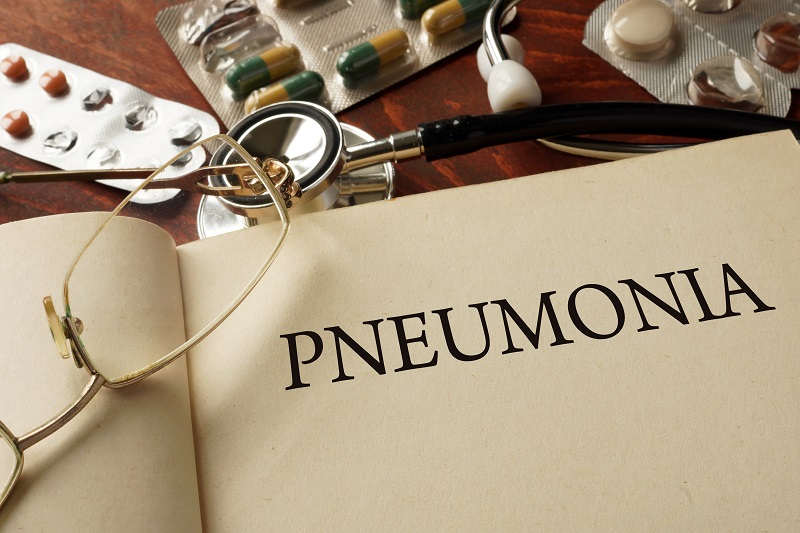
Pneumonia can be a serious illness for the elderly. A senior may have pneumonia and not recognize the signs of the disease or feel they need a special treatment. Seniors do not feel well often and may mix the signs of pneumonia with the symptoms of any other illness or disease.
When left untreated, the illness can lead to more serious health concerns.
Pneumonia is caused by bacteria, viruses, and other organisms. In the US, pneumococcal pneumonia is the most common type of bacterial pneumonia, which affects more than 900,000 Americans yearly. The illness is caused Streptococcus pneumonia or it can occur on its own as a result of a cold or the flu.
The groups of people with an increased risk for bacterial pneumonia include:
- People aged 65 and older;
- Patients recovering from surgery;
- Those who have a weak immune system;
- People with other respiratory conditions or viral infections.
Pneumonia can be also caused by the influenza virus, which can lead to severe and deadly results for elderly people and adults with lung or heart disease. COVID-19 can lead to long-lasting lung damage, which can be fatal especially for the elderly people and those patients who are in the risk group.
The treatment for pneumonia is chosen depending on what caused it. The goal is to treat symptoms, prevent any further complications, and help the patients feel better. When it comes to treating bacterial pneumonia, doctors prescribe antibiotics that work better than any other type of medicine.
It’s important to take all the meds that doctors prescribe to patients. Seniors shouldn’t stop the course of antibiotics when they start feeling better. Not taking the full course of medicine can cause the infection to come back and the bacteria can become resistant to the medical treatment.
